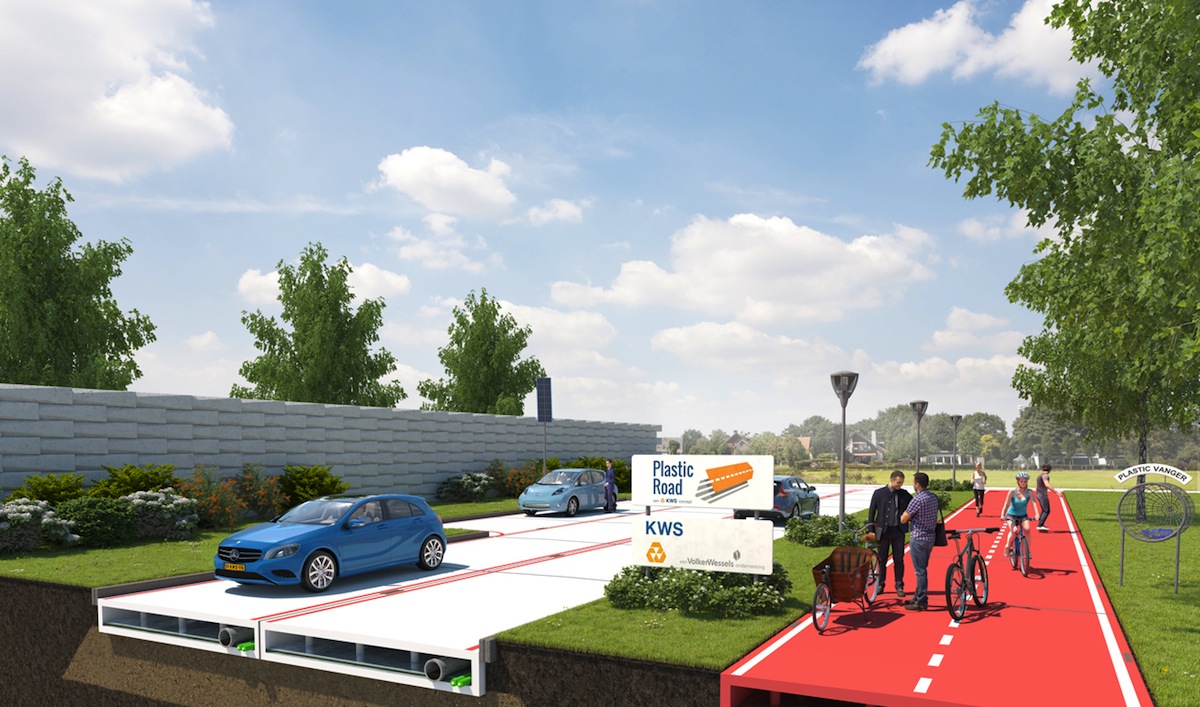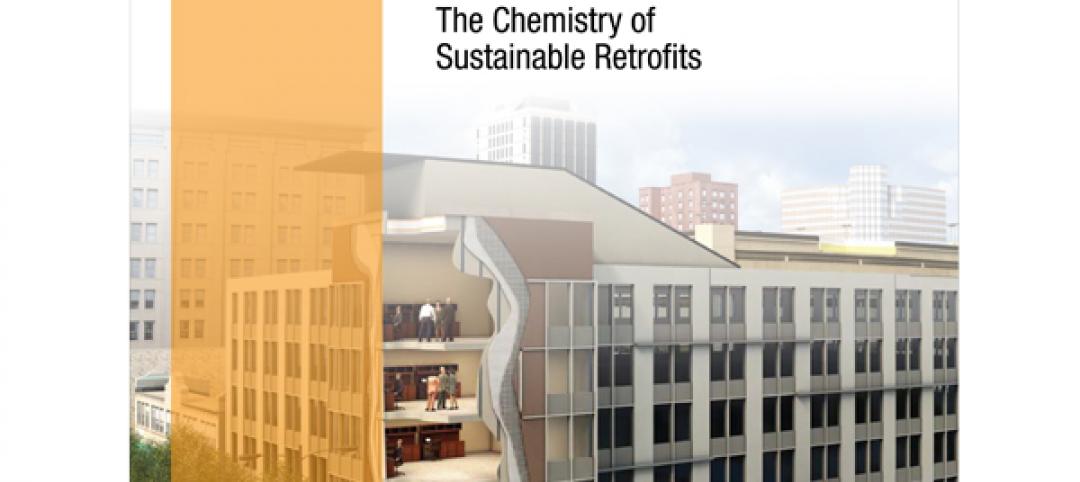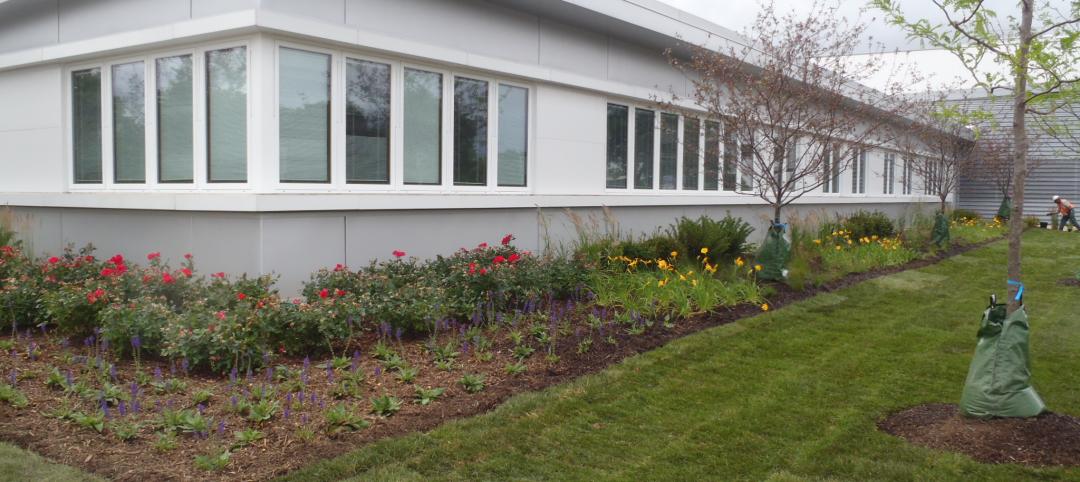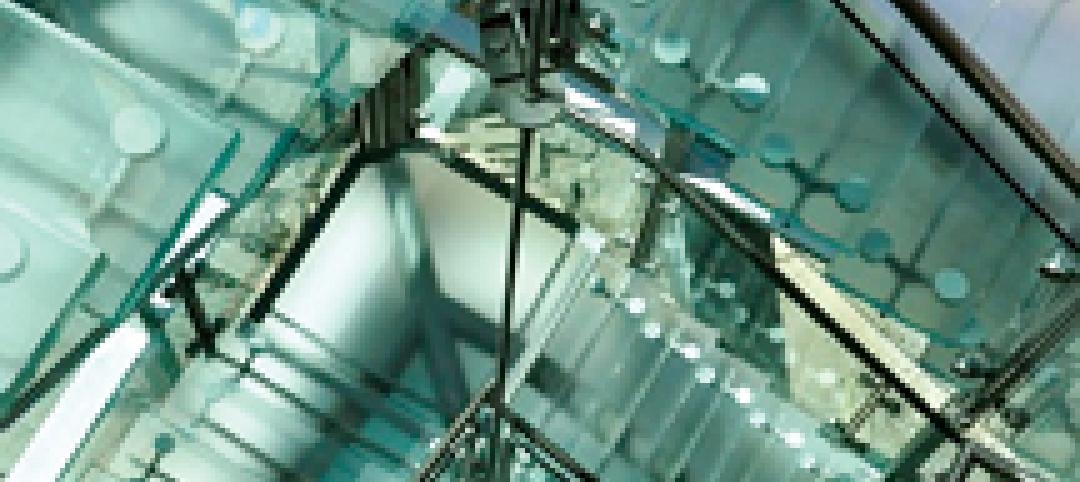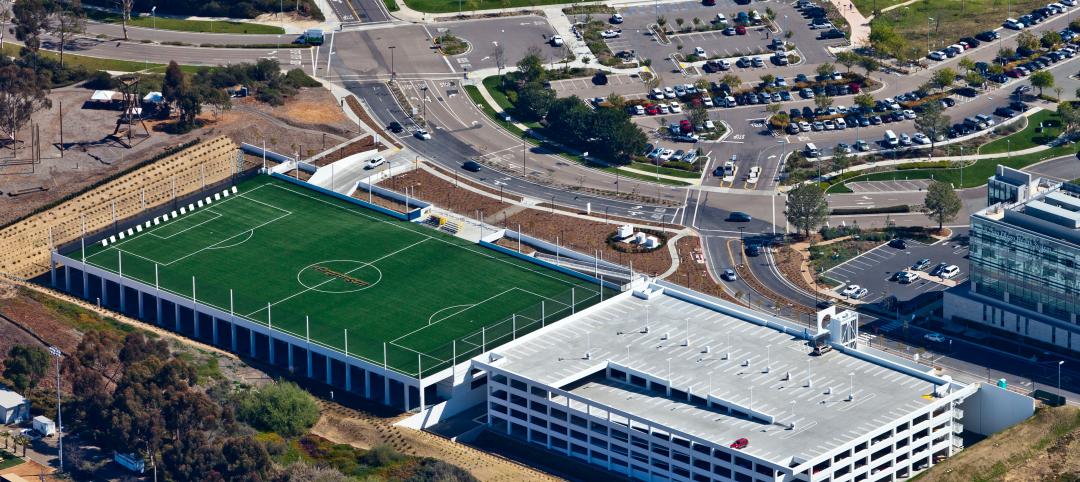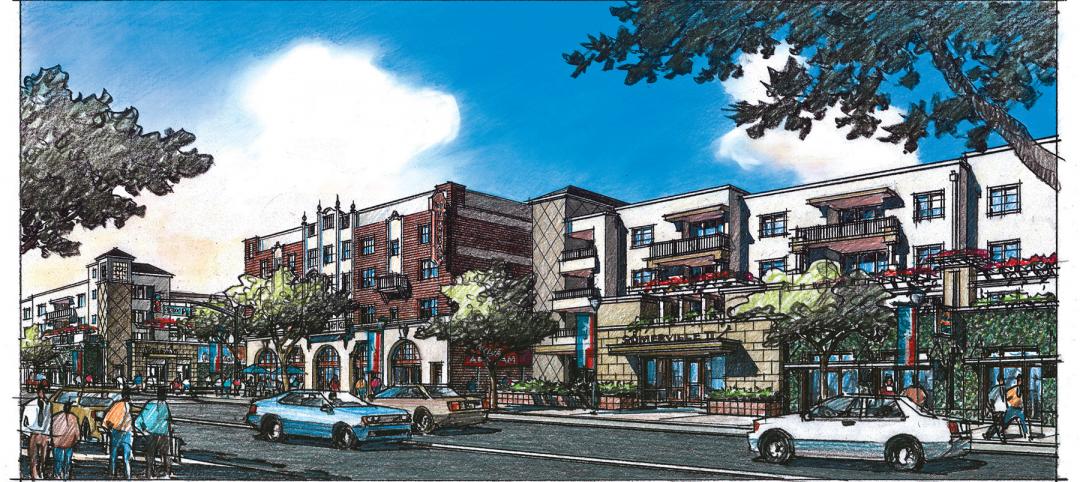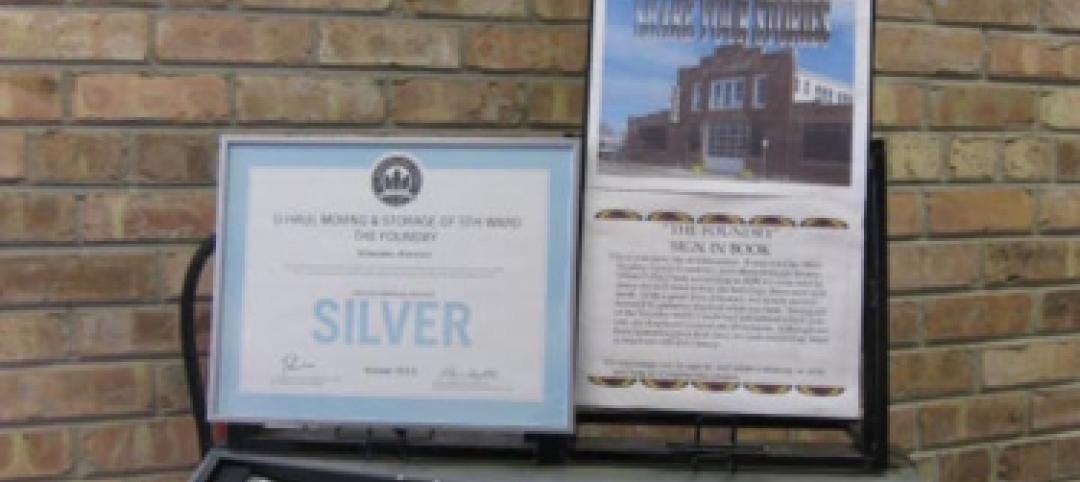All kinds of recycled waste goes into public roads these days, including blast furnace slag, scrap tires, and roofing shingles, according to the Federal Highway Administration.
An estimated 300,000 metric tons of recycled plastic are also used annually as a binder additive for public roads in the U.S. But that’s a drop in the bucket compared to the five trillion pieces of plastic junk currently floating in the oceans, to which eight million metric tons of plastic waste gets added every year.
The Netherlands is trying to take this recycling to another level, and is vying to become the first country to pave streets with materials made entirely from plastic waste.
Dutch-based KWS Infra, the roads division of VolkerWessel, is piloting a program to make roads from plastic garbage, including bags and bottles extracted from the ocean, according to Fast Company. This PlasticRoad project, which is still on the drawing board, is part of a larger initiative to rid the seas of its “plastic soup”.
Alex van de Wall, KWS’s innovation manager, says that the plastic being used would include a waste stream that normally doesn’t have high-end recycling applications and would otherwise be burned.
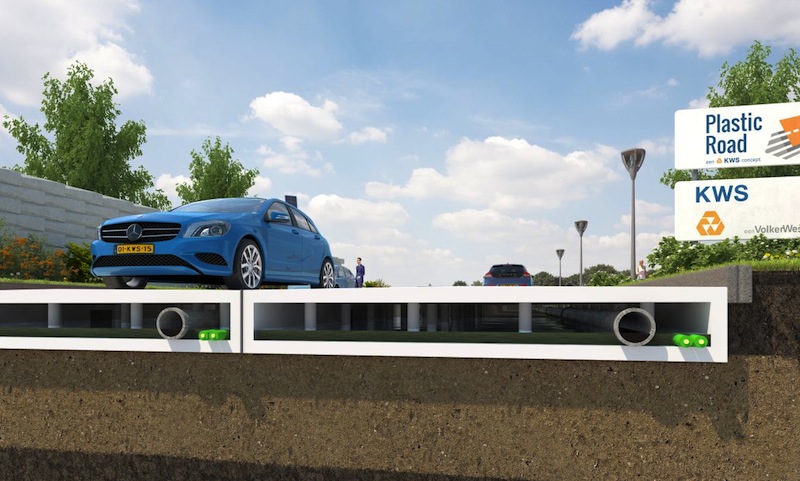
KWS sees a number of advantages to using plastic trash for roads over asphalt or concrete:
• Recycled plastic has a considerable lower carbon footprint than the production of asphalt, which accounts for 2% of global carbon emissions. Plastics can also withstand greater extremes of temperature—between -40 Celsius and 80C.
• Plastic roads could be modularized—i.e., made in factories and then snapped together in the field—so a road could be built quicker than with asphalt. KWS also claims that plastic-made roads would be far more durable and easier to maintain and repair than asphalt roads.
• Plastic could be colored white, which would help keep cities cooler and reduce what van de Wall says is the “heat island” effect caused by asphalt paving. Once this concept is translated into an actual product, “There are many options,” he says.
• When a plastic road wears out, it could be recycled again.
KWS thinks it can overcome some of the problems related to using plastic for roads, such as how the product reacts to changing temperatures and gets very hot. The company plans to test plastic roads in the lab first and then try them out at a “street lab” in Rotterdam.
“We’re very positive towards the developments around PlasticRoad,” said Jaap Peters, from that city council’s engineering department. “Rotterdam is a city that is open to experiments and innovative adaptations in practice.”
KWS is currently looking for plastic supply partners to assess the financial feasibility of its design. And if this concept pans out, the company expects to export the idea to other countries.
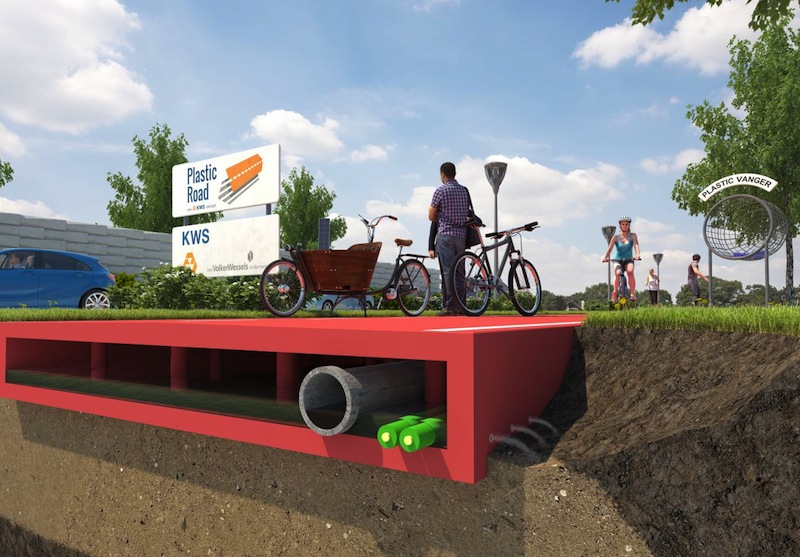
Related Stories
| Mar 16, 2012
Stego embarks on HPD Pilot Program
Vapor barrier manufacturer strives to provide better green choices to designers and builders.
| Mar 12, 2012
Improving the performance of existing commercial buildings: the chemistry of sustainable construction
Retrofitting our existing commercial buildings is one of the key steps to overcoming the economic and environmental challenges we face.
| Mar 6, 2012
Gensler and Skender complete new corporate headquarters for JMC Steel in Chicago
Construction was completed by Skender in just 12 weeks.
| Mar 6, 2012
Joliet Junior College achieves LEED Gold
With construction managed by Gilbane Building Company, Joliet Junior College’s Facility Services Building combines high-performance technologies with sustainable materials to meet aggressive energy efficiency goals.
| Mar 2, 2012
By the Numbers
66 skyscrapers to built in China over six years; 1,000 questions in the Modern Architecture game; 21,000 new jobs.
| Mar 1, 2012
AIA: A clear difference, new developments in load-bearing glass
Earn 1.0 AIA/CES learning units by studying this article and successfully completing the online exam.
| Mar 1, 2012
Bomel completes design-build parking complex at U.C. San Diego
The $24-million facility, which fits into a canyon setting on the university’s East Campus, includes 1,200 stalls in two adjoining garages and a soccer field on a top level.
| Mar 1, 2012
Reconstruction of L.A.’s Dunbar Hotel underway
Withee Malcolm Architects’ designs for the project include the complete renovation of the Dunbar Hotel and the Somerville Apartments I and II.
| Feb 28, 2012
Roofing contractors recognized for workmanship
Sika Sarnafil announces Project of the Year winners; competition highlights visually stunning, energy efficient, and sustainable roofs.
| Feb 26, 2012
Milwaukee U-Haul facility receives LEED-CI Silver
The new elements of the facility now include: efficient lighting with day-lighting controls and occupancy sensors, a high-efficiency HVAC system used in conjunction with a newly constructed thermal envelope to help reduce energy consumption, and the installation of low-flow fixtures to reduce water consumption.


